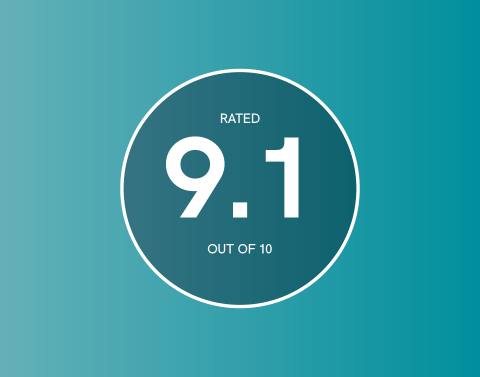So you’re thinking about contracting?
Contracting can offer greater flexibility, choice and variety of experience in your professional life. If you’re looking for a career solution between permanent jobs, travelling or returning to work after a career break then this could actually be the potential route to go down.
There’s no doubt that it’s a great time to contract; the demand for contract workers within Financial and Professional Services continues to rise, particularly as businesses strive to meet the standards for new regulatory requirements and the procurement of short-term expertise is seen as a key element in many recruitment strategies. Keep an eye out on job boards over a few months before making any key decisions and look at contract ads to see how many different organisations require your primary skillset; remember that the market fluctuates constantly and the contract side follows a completely different logic in terms of timings and skills - research is key.
Don’t forget that permanent jobs offer both a cultural and technical fit as opposed to just the technical fit on the contracting side. A senior permanent employee will also have access to a range of benefits that aren’t offered to a contractor such as pensions schemes, private health care, professional development and car allowances, to name a few. If you decide to take the contracting route, remember that employers will be paying you a premium to hit the ground running; you’ll need to be an 80%-90% fit for the role and have full confidence in your ability to handle the nature of the work alongside the high pressure that accompanies it. The majority of senior contractors have reached a point in their career where they’re comfortable and skilled enough to leave permanent employment for the contracting option; which is why it’s key to get all the relevant qualifications for your industry before even considering contracting.
Let’s get down to basics. There are three main options for contracting; setting up your own PSC, operating via an umbrella company or becoming a sole trader. If you do actually see contracting as a long term career prospect, then setting up your own PSC could be the most sensible option as it’ll be the most efficient way of managing your income and engaging with high profile clients. Don’t underestimate the amount of work needed to manage your accounts though; you may actually require an accountant to assist with managing your finances. Overall, a PSC offers greater financial protection than becoming a sole trader (which is more applicable to blue-collar workers) if you’re on the contracting journey for the long haul.
If you’re considering contracting for a 6-12 month window, umbrella companies will allow you to concentrate on what you do best without worrying about all the company regulations. They’ll deliver fast payments and ensure you get paid on time, every time. You’ll also benefit from statutory pay alongside pension schemes, expert guidance and support throughout your contract. With the changes to tax and subsistence regulations for contractors (see our blog http://bit.ly/1KnDn36 ), you may feel more inclined to operate via the Limited Company route. It’s important to note that if a contract is outside of IR35, you will inevitably pay less tax. However, if you perform the same role as a permanent employee, you are paid by time rather than project work, utilise the client’s equipment, work the same hours as a permanent employee and take direction from the client, you are probably not outside of IR35. It would be useful to use an IR35 consultant to advise on the changes in contracting practice; with greater emphasis being placed on Supervision, Direction and Control (SDC) for contractors’ expenses, you’re likely to welcome the professional advice.
Consider financial stability, too. Are you attracted to contracting because you think your rate will be 50 to 100 per cent more than what you’d get as a permanent salary? You need to be realistic; don’t forget that there will be quiet periods so the extra income you think you’re receiving will actually be supporting you during these slower times. It’s imperative to look at your cash flows and work out how long you can go without a stable income before it impacts you.
Also think about the medium term for your income; a stable contract for 12 months at a market rate is much more beneficial than a very highly paid one for 3 months. Ask yourself - does the greater earning potential from contracting compensate for my lack of job security? Success as a contractor will largely depend on your range of skills, reputation, timing and the state of the economy; you will have to invest your efforts in building contacts to maintain a steady workflow. On the contrary, what you lack in job security and stability you will inevitably gain in greater freedom and flexibility. You may actually progress your career more quickly as a result of working on a vast arrange of projects which will enhance your skills.
Finally, consider the following important questions if you’re thinking about contracting - contracting will involve having to proactively build new relationships and capitalise on existing ones; do you have the personality to forge new business relationships easily? It’s also likely that you may have to take assignments further away from home; are you in a position to do this? Or do family commitments mean this isn’t a viable option? If you choose to contract and it doesn’t work out, is the job you’re in easily replicable?
Do your research (and don’t give up your permanent job…yet!). Essentially, if you’re keen to become your own boss, to choose when and where you work and develop a highly varied CV through multiple project based roles, you should seriously consider contracting. You may never look back.
Are you keen to find out how Oliver James can assist you in making the move from permanent to contract roles? Contact +44 (0) 207-649-9464 or info@ojassociates.com to start an open and confidential conversation.



